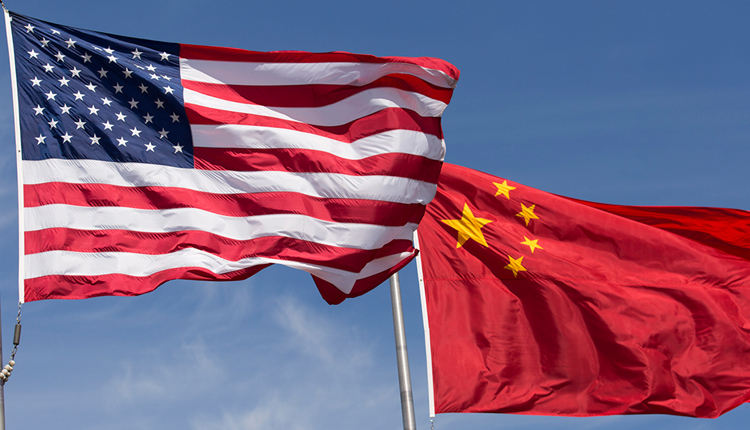The leaders of the U.S.-China trade negotiations on Tuesday morning held another phone call, China’s Ministry of Commerce announced in an online statement.
“Both sides discussed resolving core issues of common concern, reached consensus on how to resolve related problems (and) agreed to stay in contact over remaining issues for a phase one agreement,” the Chinese-language statement read, according to a CNBC translation.
Liu He, China’s top negotiator on trade, spoke with U.S. Trade Representative Robert Lighthizer and Treasury Secretary Steven Mnuchin, the statement added.
Chinese Commerce Minister Zhong Shan, People’s Bank of China Governor Yi Gang and Ning Jizhe, vice chairman of China’s top economic planning body, the National Development and Reform Commission, also joined the call, according to the Commerce Ministry.
Trade tensions between the world’s two largest economies have continued for more than a year, with both countries imposing tariffs to billions of dollars’ worth of goods from the other. Rather than address at once all the points of U.S. complaints — which range from bilateral trade to China’s state-dominated economic structure — both sides are first trying to reach a so-called “phase one” agreement.
China has said any such deal would require a rollback of tariffs, while the U.S. would like to ensure that Beijing will increase its purchases of American agricultural products.
Chinese President Xi Jinping on Friday told a U.S. business delegation visiting Beijing that China wants “to work for a phase one agreement on the basis of mutual respect and equality,” according to an Associated Press report.
Xi also said China holds a “positive attitude” toward the trade talks, the report added. “When necessary we will fight back but we have been working actively to try not to have a trade war.”
U.S. President Donald Trump on Friday said on the television program “Fox and Friends” that a long-negotiated trade deal with China is “potentially very close.”
Source: CNBC


